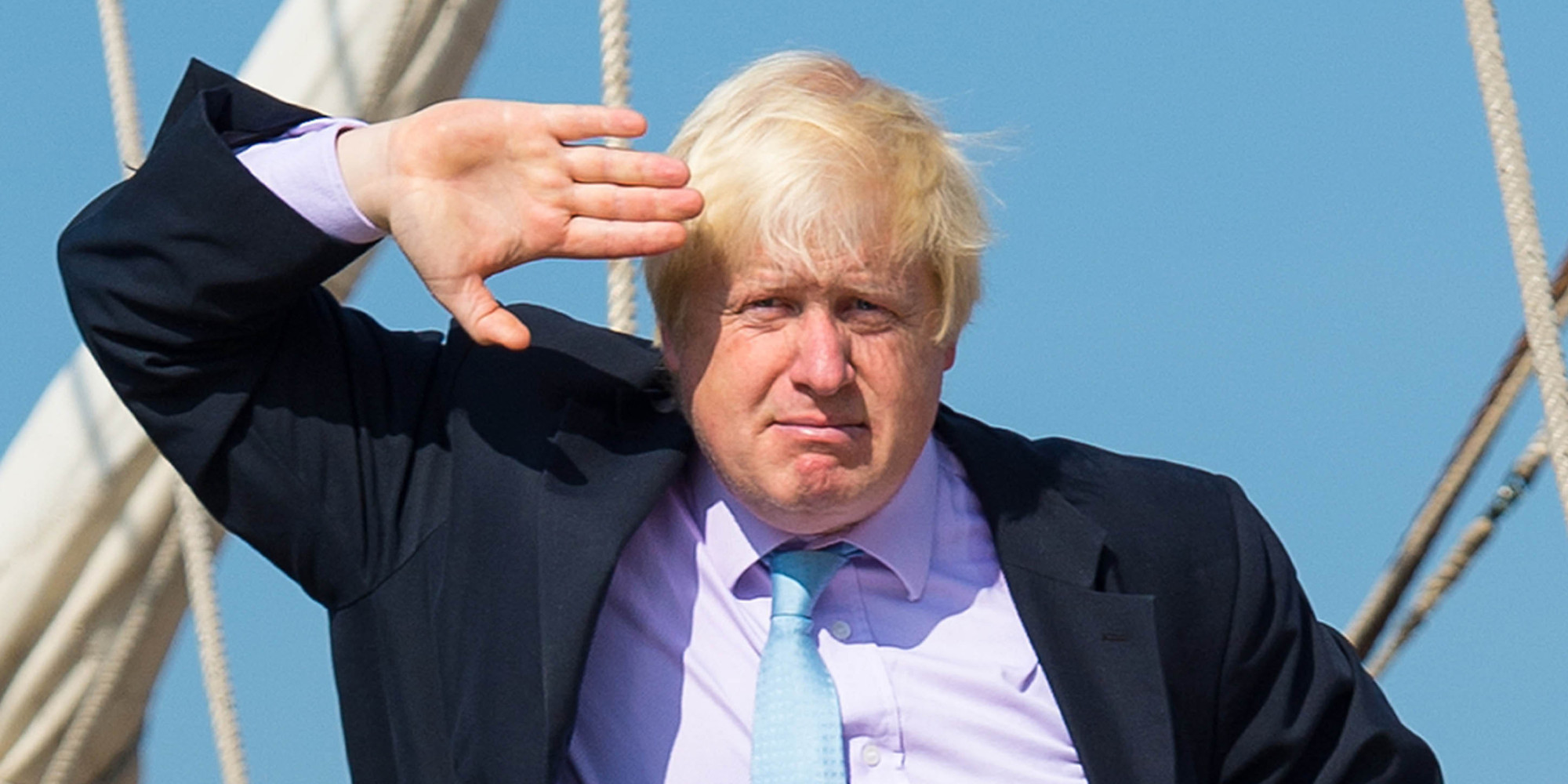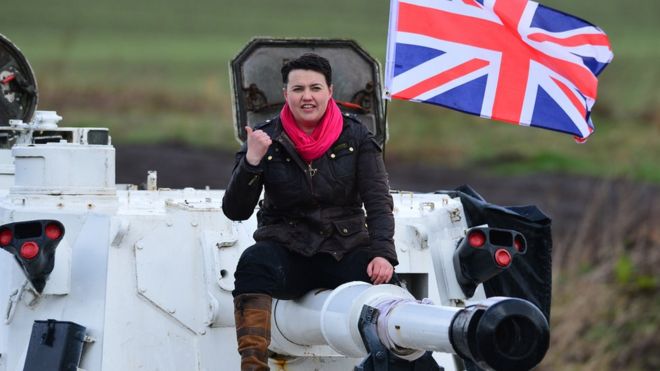As the General Election results were revealed and Theresa May’s slim Commons majority was lost, many began to speculate that the Prime Minister’s premiership was all but over. Her campaign had been disastrous, as the Conservatives comfortable poll leads over Jeremy Corbyn’s Labour started to plummet.
Nevertheless, the Prime Minister attempted to remain resolute in the face of a disappointing night for her party, refusing to resign and declaring her plans to form a minority government with the support of the DUP, whether it be through a coalition or informal agreement.
Pressure for May to resign remains. A Survation poll at the weekend put Labour ahead of the Conservatives, an unthinkable prospect months ago. Former Chancellor George Osborne gleefully labelled May a ‘dead woman walking’. Conservative MP Anna Soubry was also heavily critical of May in the aftermath of the vote, and the Prime Minister’s approval ratings have now plummeted further to a net favourability of -34.
Overall, any lingering popularity May had retained during the election campaign has disappeared. Her mantra of ‘strong and stable’ was exposed as being untrue, while her ‘coalition of chaos’ jibes now hold a rather delicious irony. It is unlikely May will ever lead her party into another general election; her inability to connect with voters and tendency to appear weak and indecisive under pressure have likely ensured this is the case.
Yet, nevertheless, the Prime Minister may retain power for longer than expected, due to a lack of noticeable replacements.
Foreign Secretary Boris Johnson has often been touted as a possible Prime Minister. In spite of his leaked messages in which he argued for other MP’s to remain firmly behind their leader, he has often been characterised as power-hungry, and as someone striving for the top office. But the nature of the House of Commons as it stands may restrict him. Johnson has often been a divisive figure within the party, and his support for Brexit may make him an unpopular choice among pro-European MP’s.
 |
| The next Conservative leader? |
The divide over Brexit in this regard will likely be key when it comes to any future leadership contest. In many respects, May was seen on being balanced enough on the issue not to alienate either wing of the party; publicly she was pro-Europe, yet once assuming power the Prime Minister was keen to assume the mantle of firmly backing Brexit.
Home Secretary Amber Rudd may have been seen as another possible replacement. During the election campaign she was a prominent figure and, of course, stood in for May during the leader’s debate. Despite this, her constituency majority was reduced to a mere 346 votes last Thursday, and if a continuing swing towards Labour were to occur then she would almost certainly lose her seat. As a result, the party will almost certainly not want to gamble on Rudd as its next leader.
In the aforementioned YouGov poll which placed Labour ahead of their rivals, it was also revealed that almost all of the potential successors to May would make voters less likely to opt for the Conservatives. While 23% of voters were more likely to opt for the party if it was led by Boris Johnson, for example, 31% said it would make them less likely to do so. David Davis, Michael Gove and Chancellor Philip Hammond were all in a similar position, with none of them apparently inspiring any confidence in the electorate.
The one Conservative who emerged from the election in a stronger position than she entered it was Scottish leader Ruth Davidson. Nevertheless, the fact that she is an MSP excludes her from leadership. She could, of course, resign from Holyrood, and assume a Westminster seat if one of the Tory MP’s north of the border resigns, prompting a by-election, but the recent volatility of Scottish politics would result in this being a risky move. As last Thursday demonstrated in many SNP seats, a comfortable majority has often counted for little in Scotland.
 |
| Ruth Davidson, Scottish Conservatives Leader, can't currently lead national party as she isn't an MP |
Even if she were to enter the Westminster fray though, Davidson may still struggle. Her well-known credentials as a Remain supporter during the referendum may sour her to a considerable portion of her party. Additionally, while she has been perceived as a credible politician at Holyrood, she has benefited from operating in an opposition role. South of the border she would be forced to defend policy instead of criticising it, and such a role may not suit Davidson, whose rhetoric during the election campaign often centred massively on the prospect of a second Scottish independence referendum.
Overall, the general outlook seems to be that there are no strong, credible figures who can challenge May and unite a fractured Conservative party. While the Prime Minister’s MP’s may be dismayed by her continuing on as leader, they will – in all likelihood – be more discontented with the prospect of a second vote which could potentially lead to Jeremy Corbyn becoming Prime Minister. Any new leader would find themselves in a position of incredible difficulty due to their party’s current position at Westminster.
Of course, there are a number of mechanisms through which May’s doomed tenure could come to an end before long. Conservative MP’s who disagree with the prospect of a DUP alliance may vote down her Queen’s Speech, whenever it does occur, although this is unlikely. Along similar lines, the tenuous alliance between May’s party and their Northern Irish allies may not last long, and if it decays, then May will almost certainly be out office.
But, for now, the weakened Prime Minister may ironically profit from the wider weakness of her party as a whole, and from their lack of a majority which many would argue her own poor campaign imposed upon them.
Justin Bowie is a journalism student and writer for Student Voices.
May Could Cling to Power For Much Longer Than Expected | Justin Bowie
 Reviewed by Student Voices
on
11:12
Rating:
Reviewed by Student Voices
on
11:12
Rating:
 Reviewed by Student Voices
on
11:12
Rating:
Reviewed by Student Voices
on
11:12
Rating:











No comments:
Share your views here! But read our Comment Policy first, found on the about page.